Musculoskeletal conditions (MSK) include a wide range of disorders that can impact the bones, muscles, tendons, ligaments, joints and connective tissue. Almost 90% of Canadians suffer from MSK pain including low back pain and hip pain. These aches negatively impact almost all aspects of daily life. The most common type of MSK pain affecting Canadians is low back pain (LBP).
Low back pain (LBP)
Low back pain is very prevalent in our society today and the most common complaint treated by chiropractors. More than 80% of people experience at least one episode of back pain during their lifetime. LBP is now the leading cause of disability worldwide. Unfortunately, if not managed promptly, LBP may become chronic and result in debilitating pain and dysfunction. The pain can lead to significant loss of function resulting in individuals being unable to complete their normal daily activities including work.
A Pain in the Back Could Mean a Problem in the Hip
The hip and lumbar spine are closely related and can create similar patterns of pain and dysfunction. The biomechanics of the lumbar spine, pelvic girdle, and hip are highly interrelated. This is why proper evaluation of low back and pelvic pain is very important when it comes to treatment.
The hip and spine have coordinated movement, and limitations of one area will affect the other. These limitations may lead to biomechanical compensations in the pelvis, which can manifest as pain. For example, limited hip motion, related to shortened muscles, a stiff capsule, or cartilage or bony deformity can lead to compensatory motion in lumbar and pelvis mechanics.
Consider a popular sport like golf. Rotational sports, like golf, place an increased repetitive demand on both the hip and spine. Studies show that golfers with low back pain have less hip rotation, greater knee flexion, and less lumbopelvic rotation. Lack of hip motion forces the lumbar spine to overcompensate to perform the task of rotation. Eventually, this may lead to overload followed by pain and potential injury.
Significant reduction in hip internal rotation is associated with low back pain in golfers, and in athletes playing other rotational sports like tennis. The complexity of hip and lumbopelvic symptoms, and the fact that they often coexist, pose questions that need to be answered to provide the best treatment for all patients presenting with back pain. Is the problem in the hip, spine, or both?
The Good News is Chiropractic Can Help!
Recent recommendations have been made to all health practitioners regarding the effective treatment of low back pain. These guidelines have put in the forefront the role that chiropractors can play in helping to eliminate the growing problem that acute, subacute and chronic back pain has become in our society- with yearly medical costs of 6-12 billion dollars in Canada!
Overall, the new guidelines emphasize conservative treatment. First-line therapy should incorporate non-drug therapies such as spinal manipulation therapy. Non-steroidal anti-inflammatories (NSAIDs) or muscle relaxants should be considered when non-drug therapy fails. The guidelines strongly discourage the use of opioids.
The initial step your chiropractor will take is to conduct a detailed history, perform a thorough physical examination, and correlate symptoms with the appropriate radiography, if necessary. The history should include information about the onset, type of pain, location, and exacerbating factors.
Your chiropractor can offer a safe, conservative and non-invasive approach to your low back pain. Your chiropractor can offer a mechanical solution to a mechanical problem! A healthy MSK system contributes to an active and healthy lifestyle. We are pleased to play a role in helping our patients achieve their health goals, however big or small. If you or someone you know has questions about their low back or hip pain or would like more information about achieving overall health and wellness, we encourage you to contact us and schedule an appointment at the CURAVITA Byward Clinic at 613-860-8600 or the CURAVITA Glebe Clinic at 613-237-9000.
Byward Market
Email: info.byward@curavita.com
URL: https://byward.curavita.com
Glebe
Email: info.glebe@curavita.com
URL: https://glebe.curavita.com

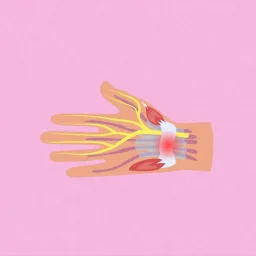
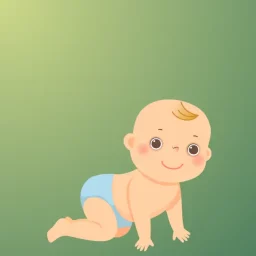


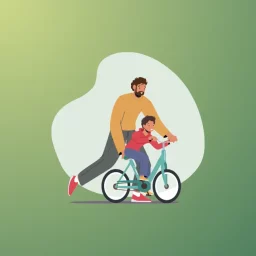
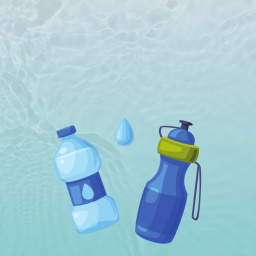
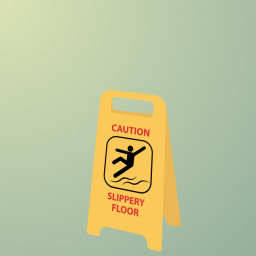

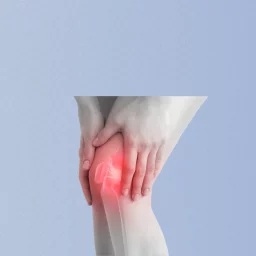
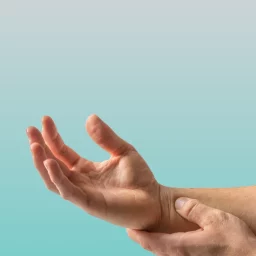
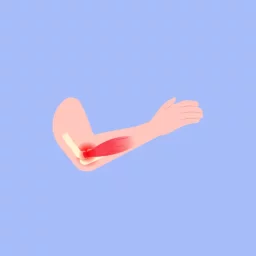
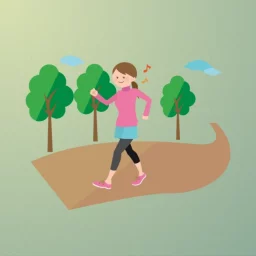

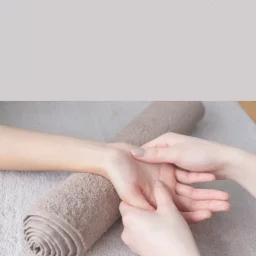
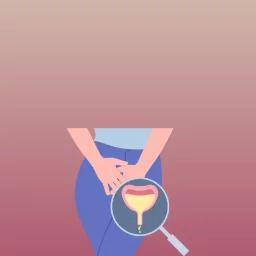
[…] Hip pain […]